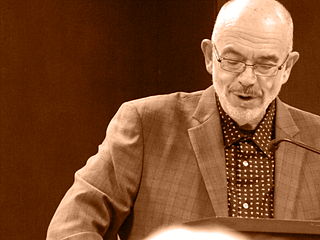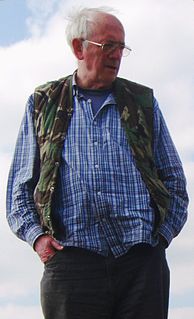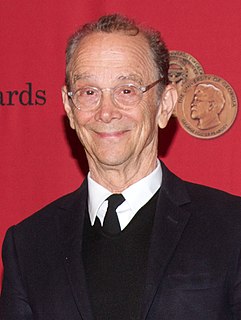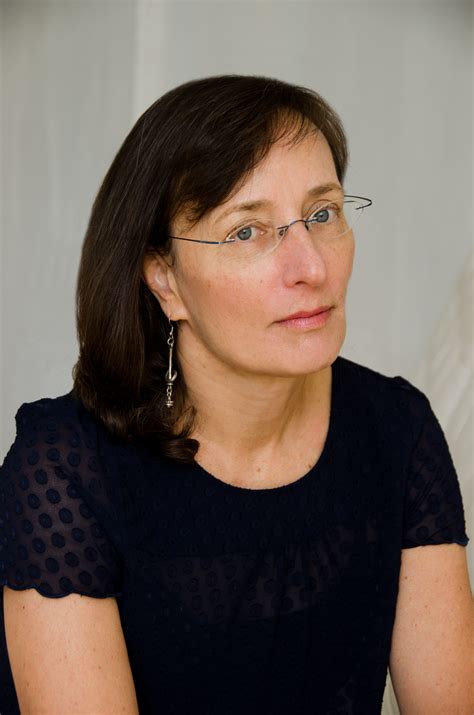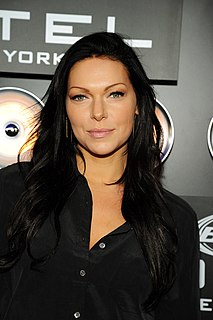A Quote by Wally Lamb
I wanted to connect a modern story with a myth that I had read.
Related Quotes
Walt had a seat-of-the-pants approach on what he wanted musically. We kind of 'read' the boss and had a very high batting average, but there were occasions when he felt we had just written the wrong piece for the situation he wanted. We invariably listened to what he wanted - he was very descriptive in what he wanted and we could read him. We'd go back to the drawing board and work out what he wanted. He was a great inspiration, but a tough taskmaster.
In a way it was a modern story but it played to all those 1980 slasher movies. We did the same thing with this. Patrick wanted to do a 1970's road movie and if you'll see, this is a modern story but it's got so much 1970's in your face feel to it. So that was the point, to take that stuff that we loved growing up and sort of do it for today. I think we accomplished it. We'll see.
To make a long story short, I auditioned for the role of Piper because I read the pilots every year and this show was head-and-shoulders above any pilot I've read in awhile. It was amazing. So, I read for Piper and I knew that I wasn't really right for it, but I loved it so much that I wanted to read for it.
